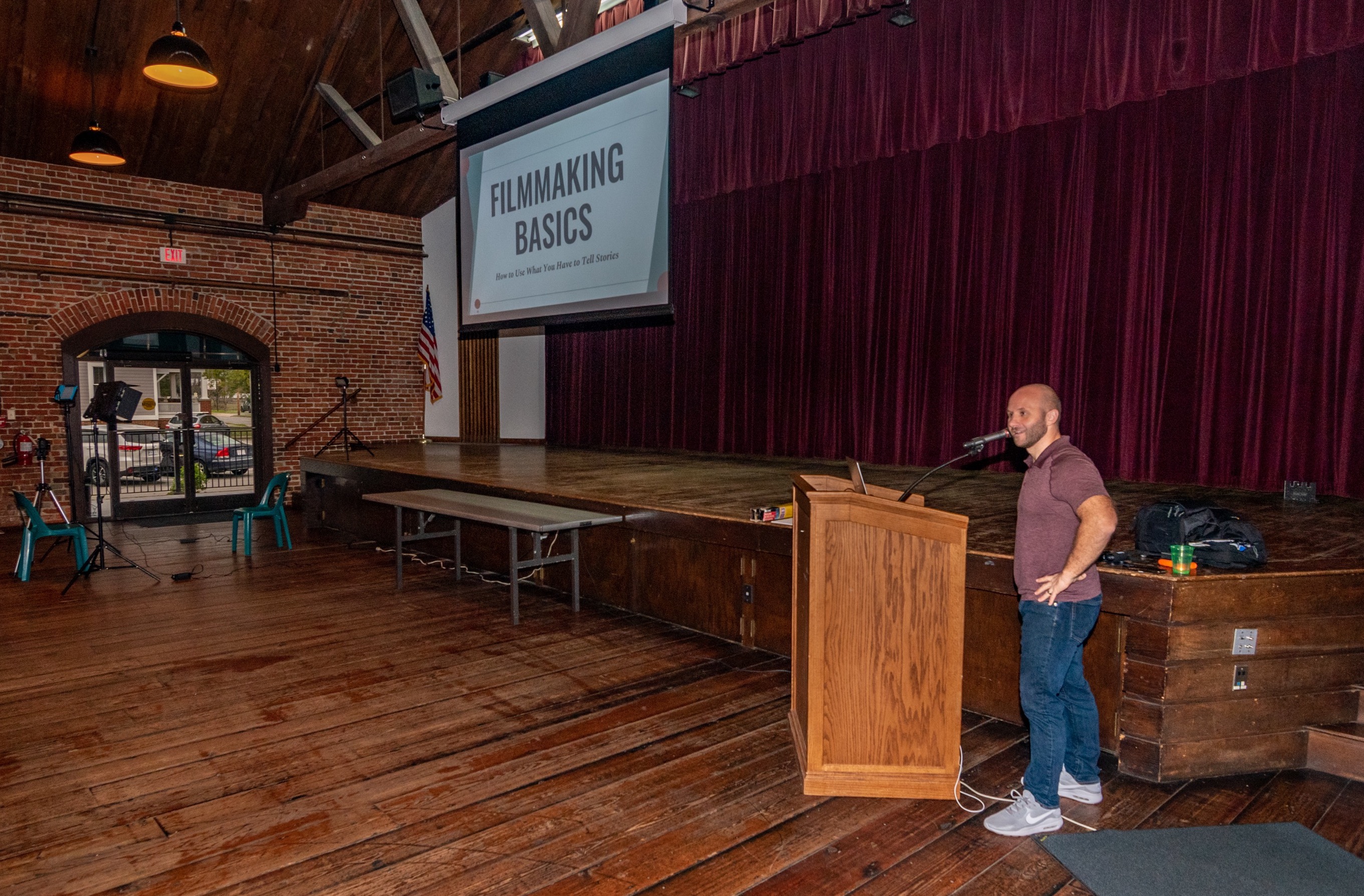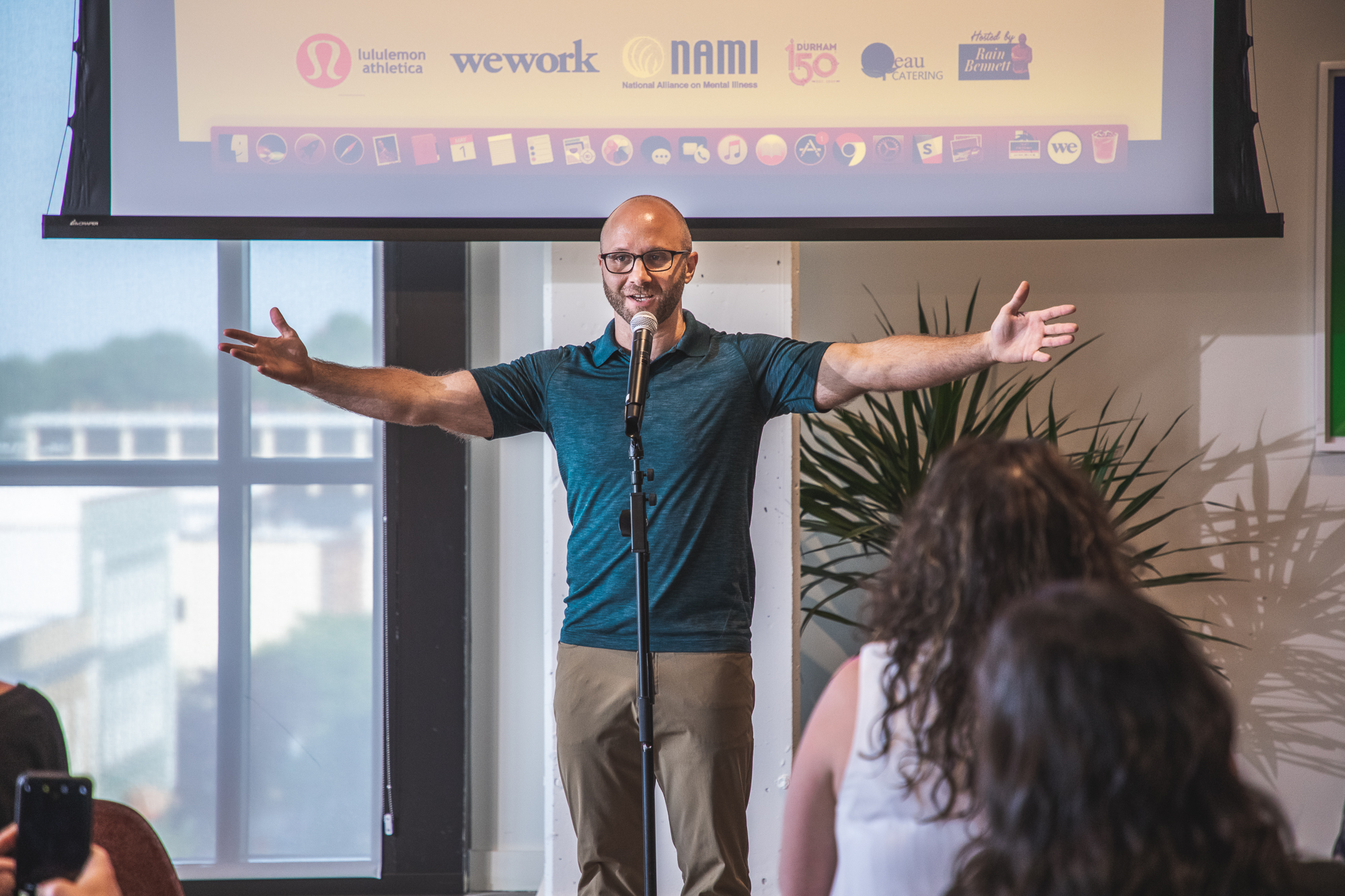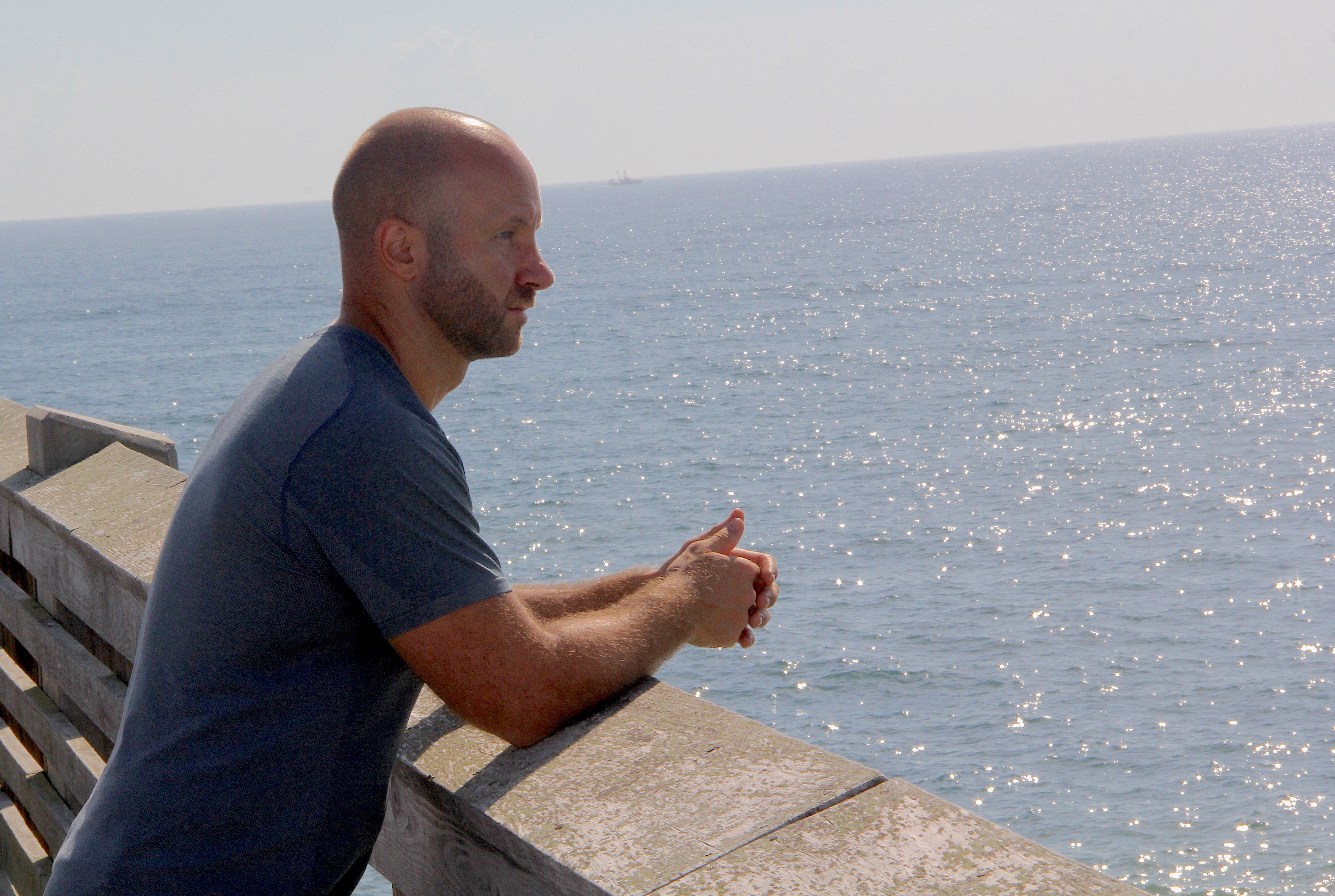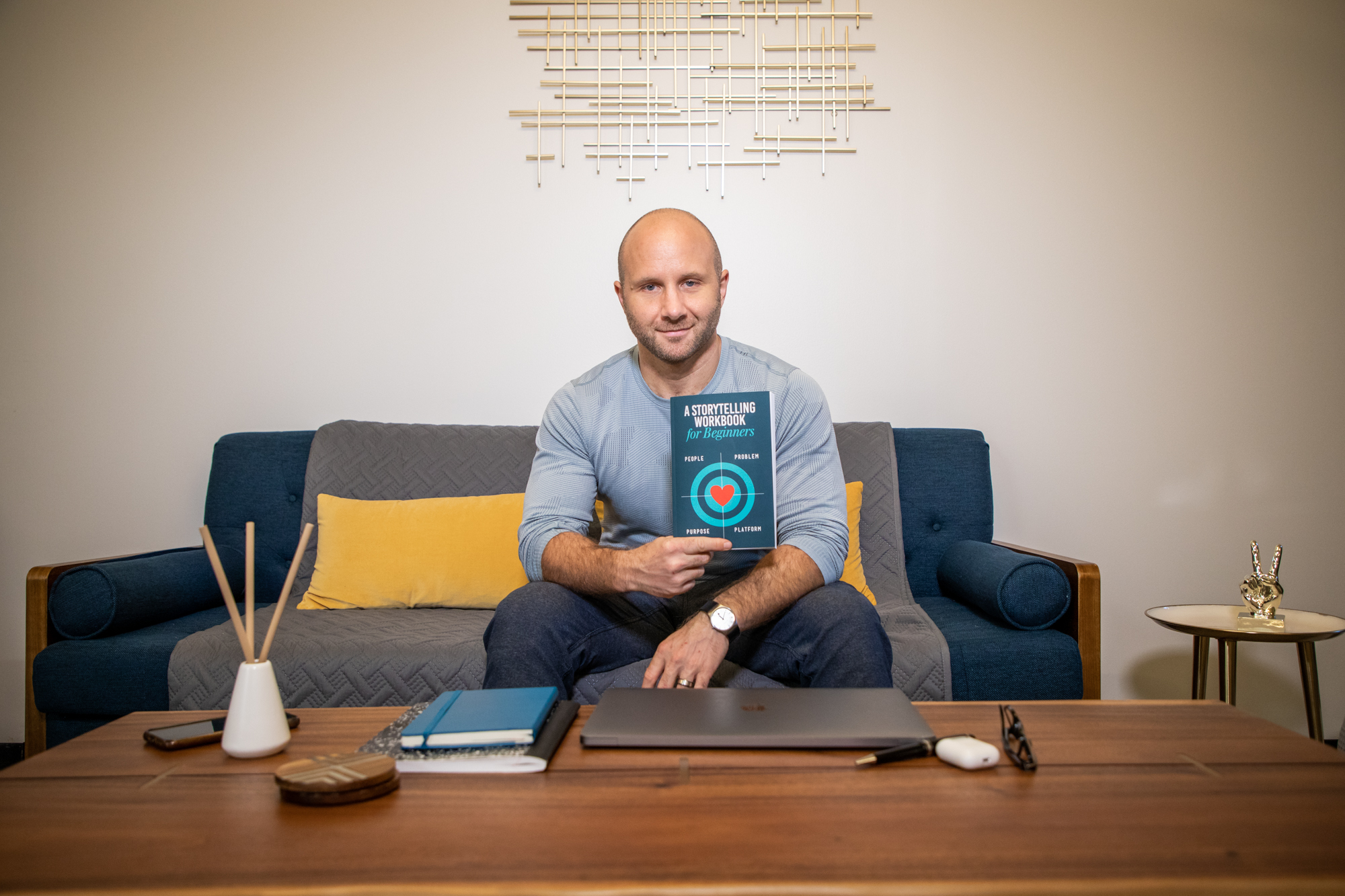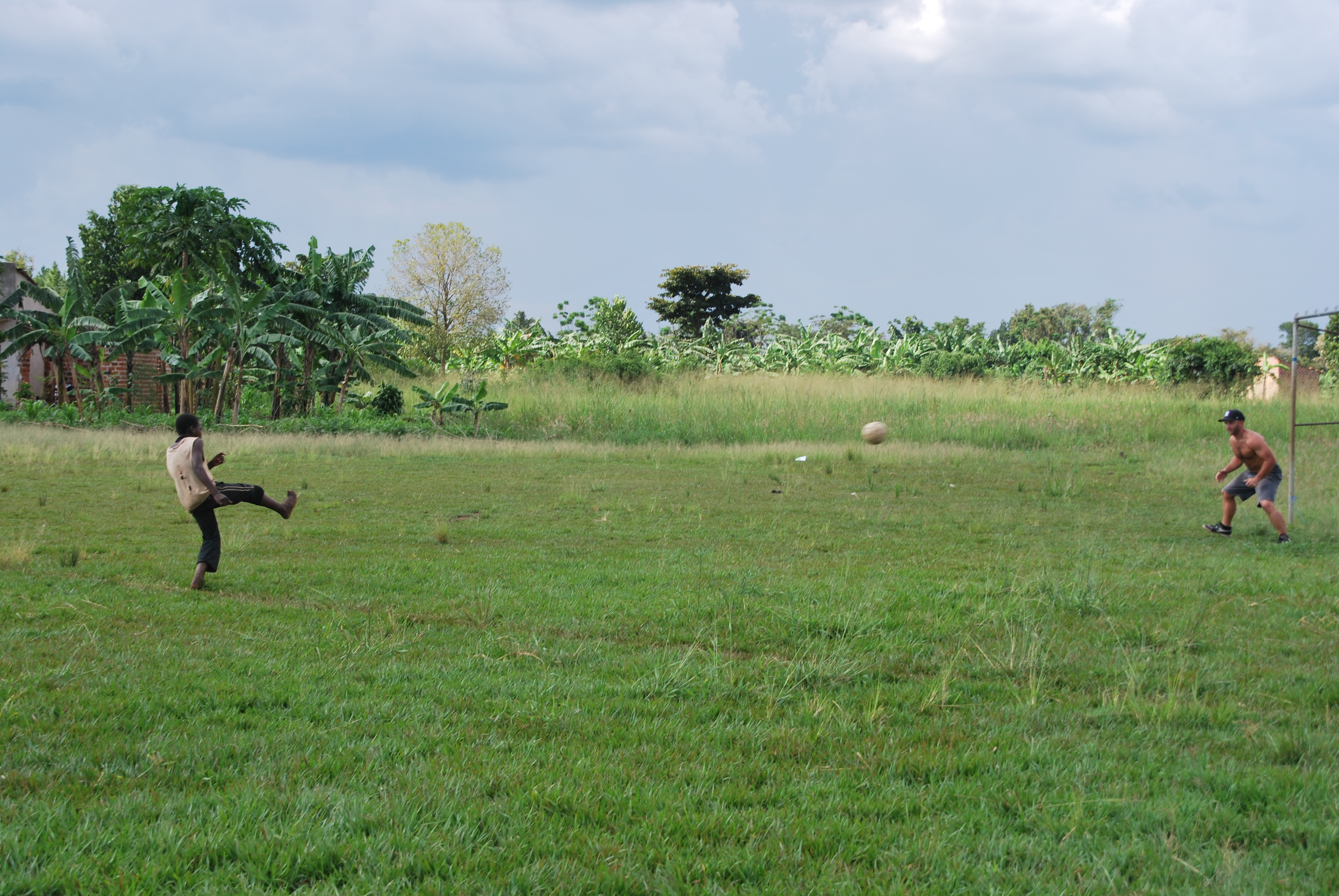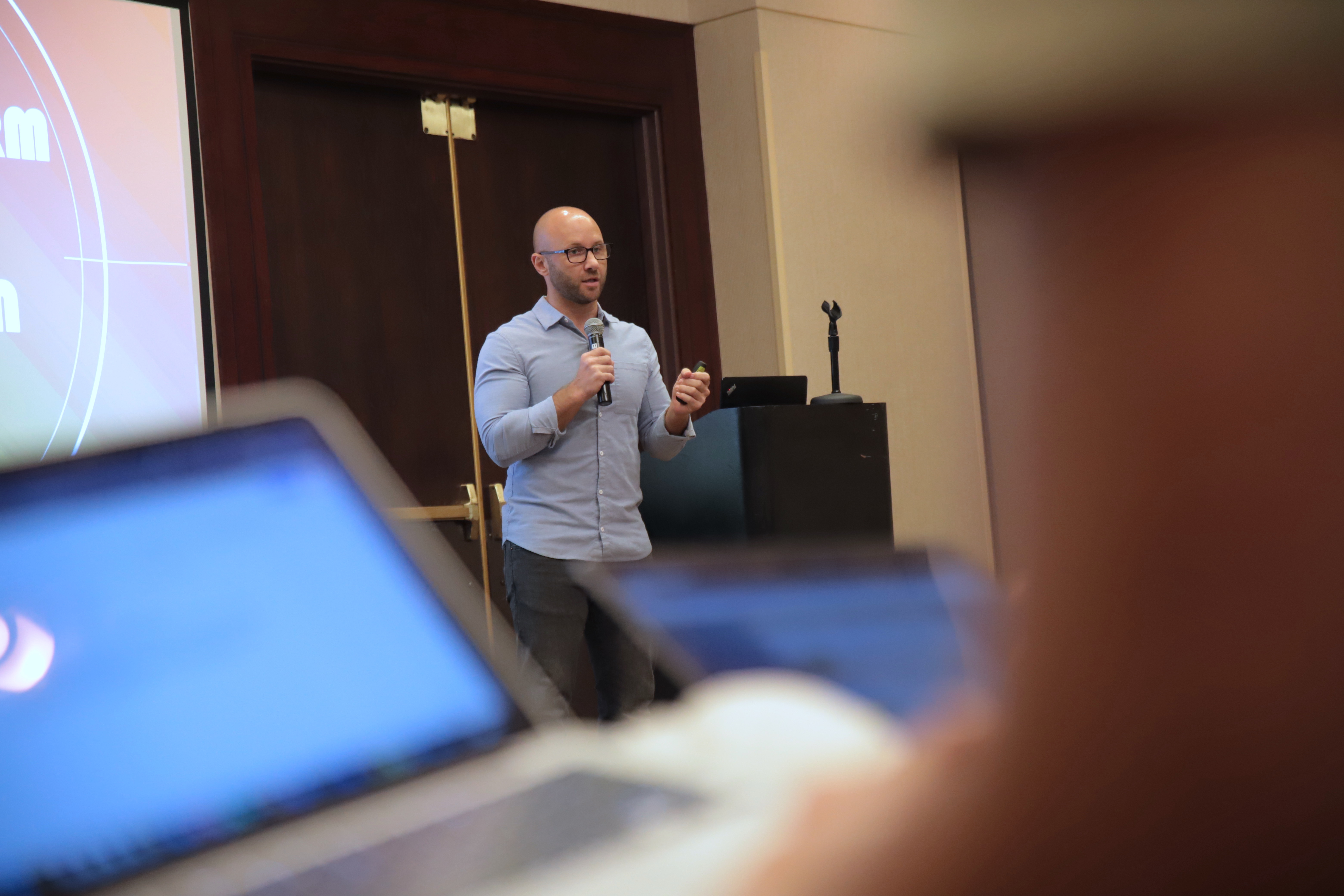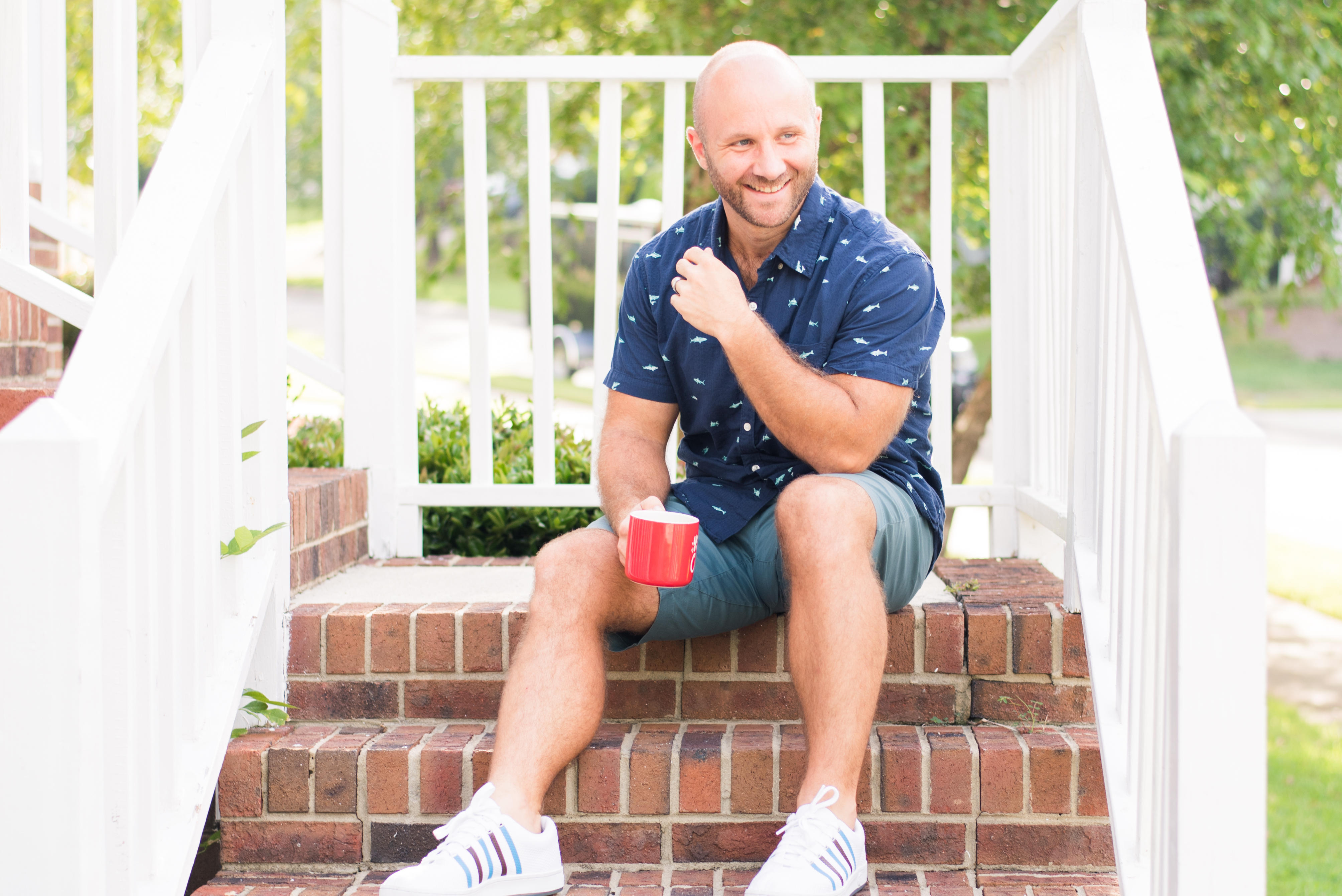This week I was listening to a podcast with Pat Flynn and Michael Hyatt and they referred to a quote that’s been stuck in my head.
“Vision without action is a daydream. But action without vision is a nightmare.”
It’s ostensibly an old Japanese proverb, but it’s definitely a nightmare I’ve experienced.
Coincidentally, this concept has been very apparent in my life and business lately, especially among the teams I lead. Or, it could just be that I’m extra tuned into it because of my own frequency bias, also known as the “Baader-Meinhof Phenomenon.”
(This is the phenomenon that happens when you buy a car and then all of a sudden you see that type of car everywhere.)
Either way, I’m listening, world!
I’ve always been the build-the-plane-while-flying-it type of person. I’d much rather take action and adjust the course as needed.
I enjoyed the spontaneity of that style and I operated better under the pressure of it.
I hated talking things to death and being stuck in some brainstorming purgatory.
So instead of waiting for certain questions to be answered that might direct the actions towards a clear goal, I would get to work on one of the many things I knew I wanted or needed to do.
But the problem that it created for me is that for years, I found myself bouncing from task to task but not really moving the needle forward in the way I needed to. If you were to visualize my approach to my responsibilities and tasks, you would see me almost literally spinning in circles.
And when you spin in circles, you go nowhere and eventually burn out.
The problem that my action without vision created for my teams, is that it made it harder for them to understand and/or complete their goals. Without understanding the clear vision and direction we were heading, they didn’t understand how their tasks fit into the overall strategy and it often caused them to make mistakes.
These mistakes could have easily been avoided with proper vision and communication.
Furthermore, when I operated in a vacuum, my teammates lost that cohesiveness that is required to accomplish the larger goals.
Just like what I faced individually, as a whole we were busy, but not necessarily productive.
Years ago, when I first sought out therapy, I uncovered some deep-seeded issues that came from being the child of an alcoholic.
I took on the archetype of the “family hero” persona. That meant that I tried to balance out the negative forces of my tumultuous family dynamic with personal achievement. When I excelled academically or athletically, there was a jolt of positivity into my life — though it was fleeting, as the inevitable crisis was always lurking just around the corner.
That meant I had to keep pushing for excellence continuously.
How this manifested itself in my adult life was that I measured my self-worth in productivity and achievement. Therefore, in my work, I just needed something to be happening or I felt like I was failing. So even the most arbitrary task accomplished still gave my ego what it needed.
But after years of seeing these patterns, I realized that something larger was at risk.
I’d never finish that movie, or write that book, or pursue that great idea, if I kept myself moving just for the sake of action. I imagined being at the end of my life and looking back at it.
How would I feel if I never accomplished those dreams?
Would I have been satisfied that at least I read all those articles I had saved on my computer?
I had to understand the problem before I could defeat it. Once I became self-aware, I could recognize when it happened (it still happens all the time and I check myself daily). Once I recognized it, I could do something to change it.
Now, to make sure my actions are aligned with my vision, I clearly identify my true goal — the goal behind the short-term goal — and lay out the path that will allow me to achieve it.
And then I clearly communicate the steps of that path to my team.
(featured photo by Linda Nguyen)
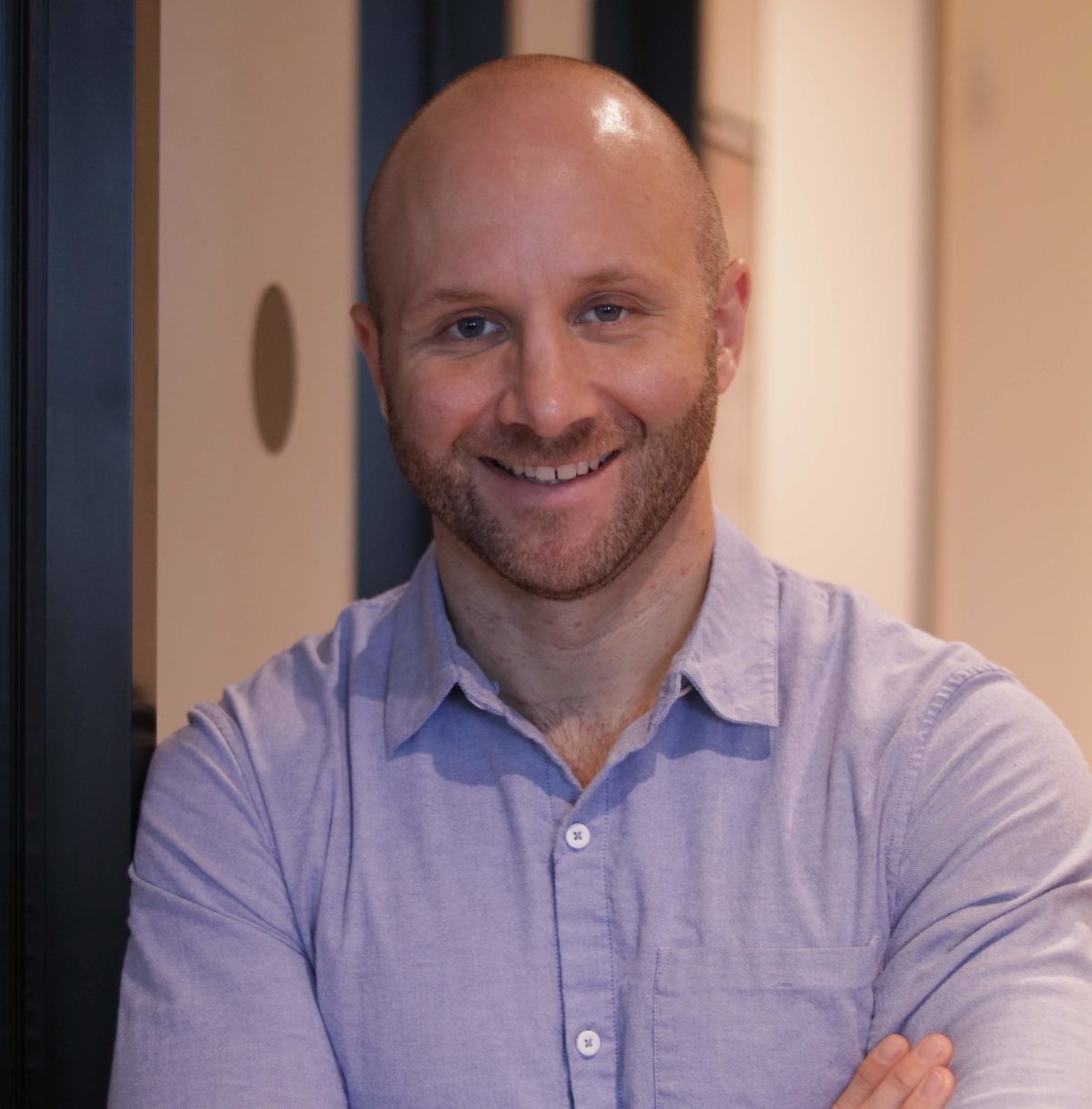 Rain Bennett is a two-time Emmy-nominated filmmaker, writer, and competitive storyteller with over a decade of experience producing documentary films that focus on health and wellness. His mission is simple: to make the world happier and healthier by sharing stories of change.
Rain Bennett is a two-time Emmy-nominated filmmaker, writer, and competitive storyteller with over a decade of experience producing documentary films that focus on health and wellness. His mission is simple: to make the world happier and healthier by sharing stories of change.
You can read the rest of “Right as Rain” here, and check back every Wednesday on Chapelboro for a new column!
Chapelboro.com does not charge subscription fees. You can support local journalism and our mission to serve the community. Contribute today – every single dollar matters.


